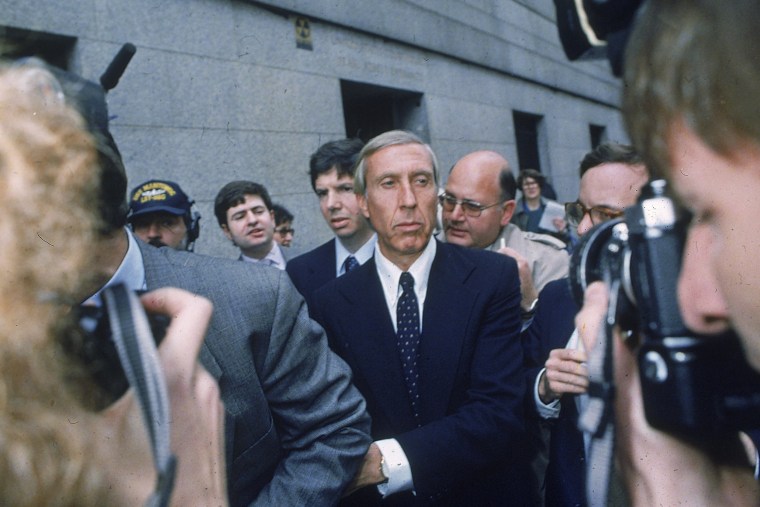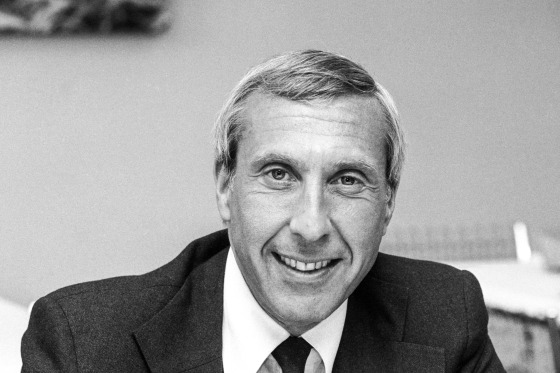Ivan Boesky, a onetime Wall Street titan-turned-convict who served as the partial inspiration for the 1987 Oliver Stone film "Wall Street," has died at the age of 87.
Though he denied ever saying it, contemporary accounts reported Boesky extolling the virtues of avarice in a commencement speech at the University of California Berkeley in 1986.
“I think greed is healthy," Boesky reportedly said. “You can be greedy and still feel good about yourself.”
At that point, he was seen as a money-making visionary for his seeming ability to predict business mergers.
By the end of that year, Boesky had been charged with insider trading, having made lucrative stock bets based on illicit access to proprietary information.
As it turned out, Boesky was sending literal briefcases full of cash to an insider at a well-known Wall Street firm in exchange for tips about acquisition activity.

Born in Detroit, Boesky moved to New York City in the mid-1960s after graduating law school and found work on Wall Street. He eventually used money from the estate of his then-wife's family to create his own brokerage firm, and a decade later had a net worth of more than $200 million — nearly $1 billion in today's figures.
But many of the gains proved ill-gotten: As uncovered by then-U.S. Attorney Rudy Giuliani, much of Boesky's fortune could be traced to information he was receiving from a colleague at Drexel Burnham Lambert, one of the biggest Wall Street trading firms at the time.
As part of his plea agreement, Boesky began cooperating with federal authorities, leading to Drexel's downfall, and with it, other pivotal figures of the era — chief among them Michael Milken, the so-called "junk bond king," who ultimately pleaded guilty to six securities violations. (In 2020, President Donald Trump pardoned him).
Boesky was never able to recover professionally, but did end up living a comfortable life in Southern California following a divorce settlement with his wife that included $20 million, annual payments of $180,000 and a $2.5 million California home.

